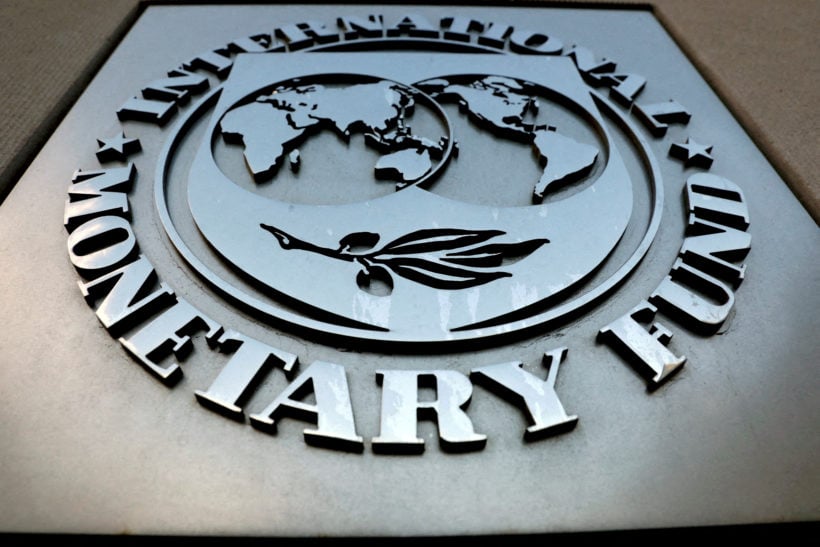
LONDON, Feb 5 (Reuters) – A new report has called for a radical global effort this year to help vulnerable countries fend off financial meltdown and climate change, including widespread debt relief and even a China-led version of the Brady Bond plan.
The report by the Boston University Global Development Policy Center warned that 62 developing economies, including most of Africa and Oceania, are already in a full-blown debt crisis or in immediate need of restructurings.
Last year’s surge in world interest rates combined with underwhelming post-pandemic economic recoveries and the costs of climate change mean a near record number of countries now spend at least 20% of their government revenues servicing their debt.
That is widely regarded as unsustainable.
Around 21 countries make half of those payments to multilateral development banks (MDBs) like the World Bank, said the report, while eight are in a similar situation with China, two to the Western “Paris Club” governments and two to their international bondholders.
“The world is facing a now or never moment,” the report published on Sunday said. “Immediate action is needed to curtail the intrinsically linked global debt and environmental crises”.
The call to arms comes just ahead of 2024’s first meeting next week of the “Global Sovereign Debt Roundtable”, a group co-chaired by the International Monetary Fund, the World Bank and the G20 Brazilian presidency and whose job it is to formulate better ways to resolve debt problems.
Boston University professor Kevin Gallagher said far more “ambition” was needed with the G20-led “Common Framework” default resolution programme, largely regarded as a flop since its creation a few years ago.
As well as speeding up debt restructurings, countries should also have an option to temporarily suspend debt payments before they plunge into default.
CHINESE BRADY BONDS?
Meanwhile China’s increasing importance as a creditor to the developing world means it should consider spearheading a modern day version of the Brady Bond plan backed by the U.S. Treasury in the late 1980s to help resolve Latin American crises.
“The Chinese seem to be the most appropriate for a Brady Bond approach,” Gallagher said, explaining that like with Western banks in Latin America in the 1980s, China’s state-controlled banks often provide loans in troubled countries now.
“We need carrots and sticks,” Gallagher said. “We need to give these countries breathing room.”
The report also looked at risks coming from climate change.
Around 91 countries are above the global median for at least one of four categories: their climate change vulnerability, the need to reduce emissions to meet Paris Agreement targets and opportunities to protect precious land or coastal ecosystems.
Chad, Niger and Guinea-Bissau are all highly vulnerable to global warming, whereas Cabo Verde, the Solomon Islands and Papua New Guinea all have huge conservation opportunities.
The prospect of climate change doubter Donald Trump getting back into power in the United States after November elections is another reason why there is such urgency to provide debt relief now.
“Trump has shown (during his first term) he can withdraw from an international treaty, but it would be hard to dismantle something if it was at the G20 level,” Gallagher said. “That is why this is the year to lock this in.”
(Reporting by Marc Jones; Editing by Emelia Sithole-Matarise)

